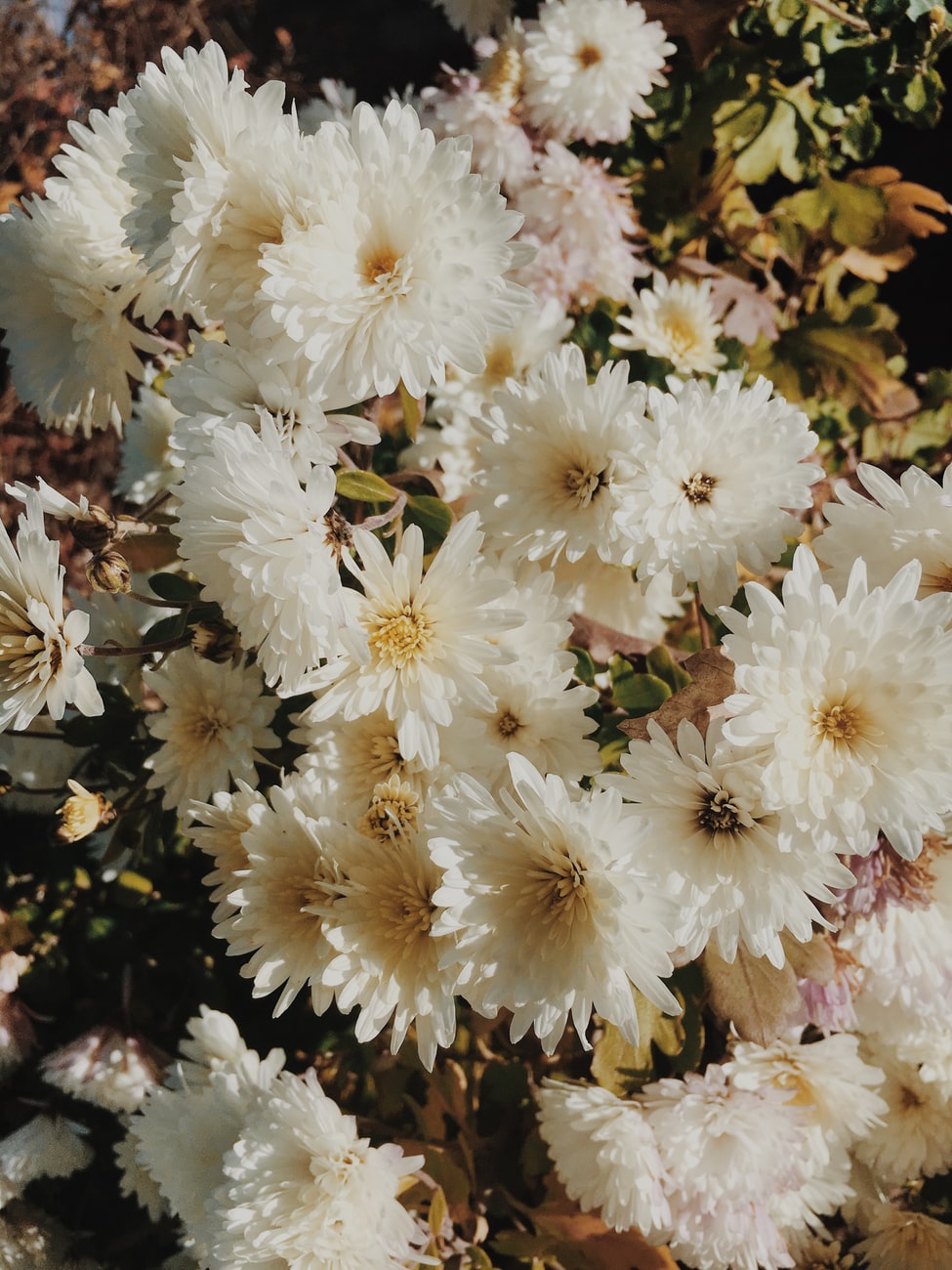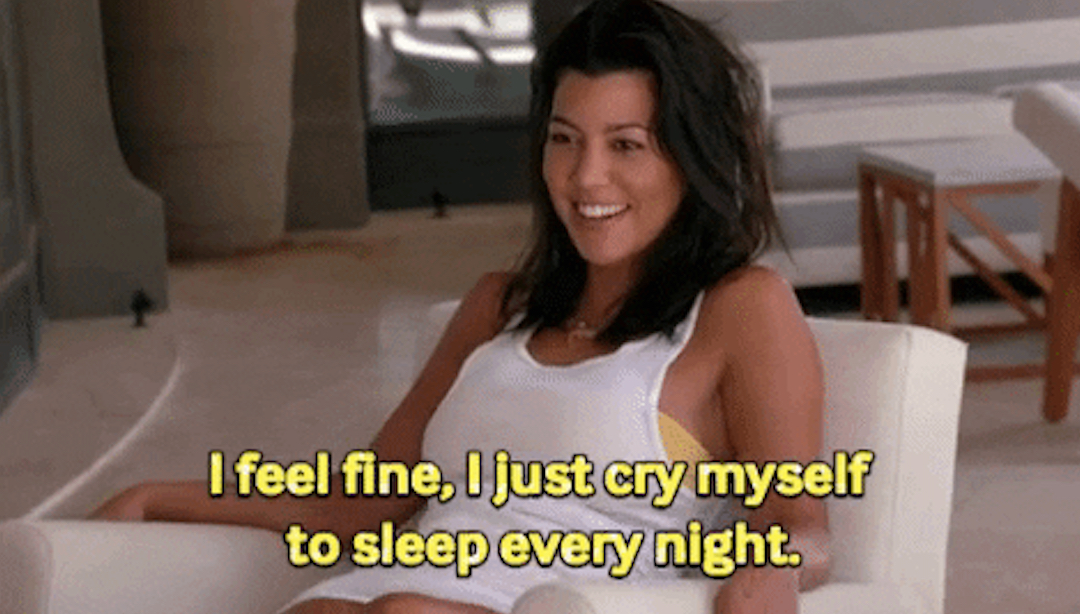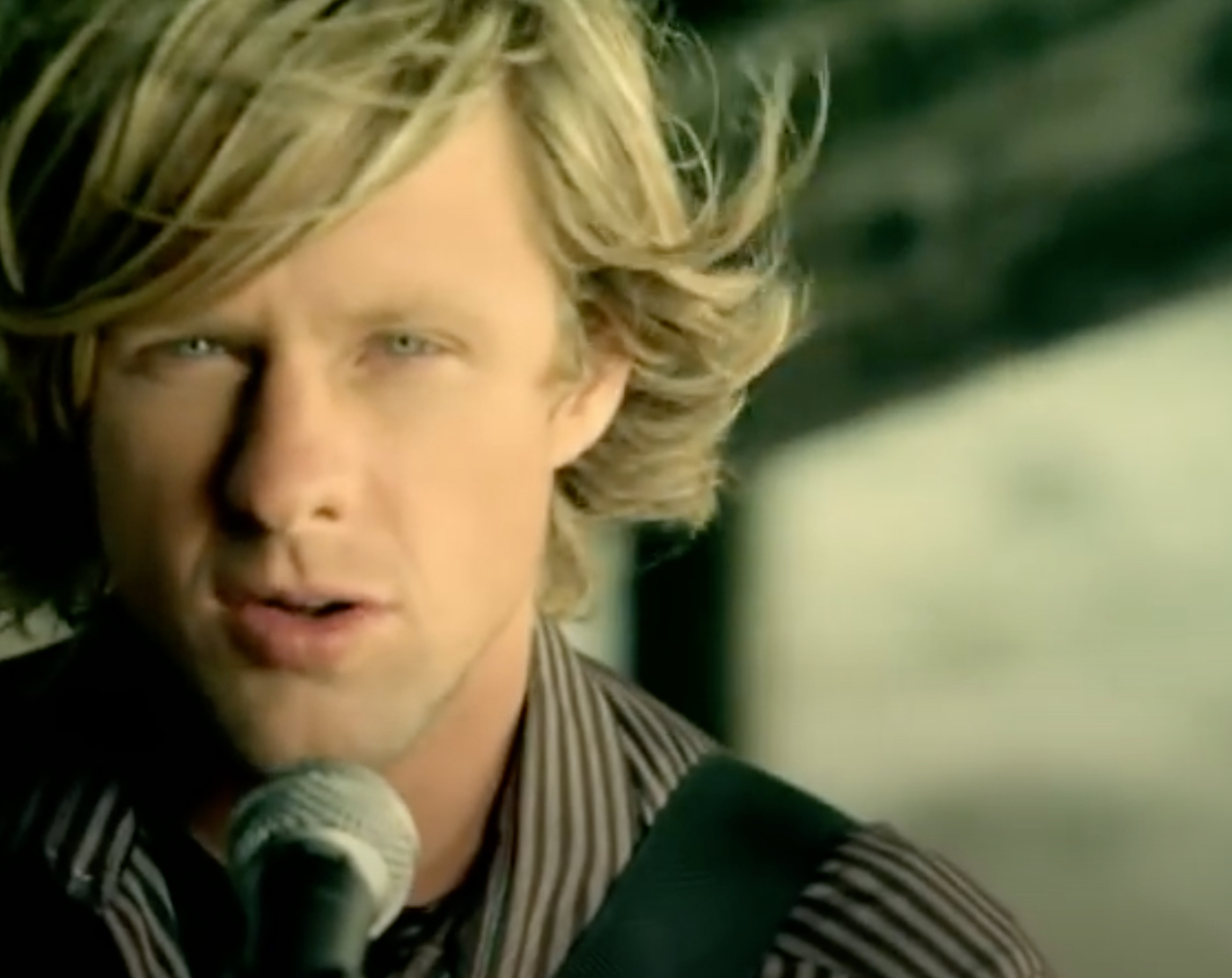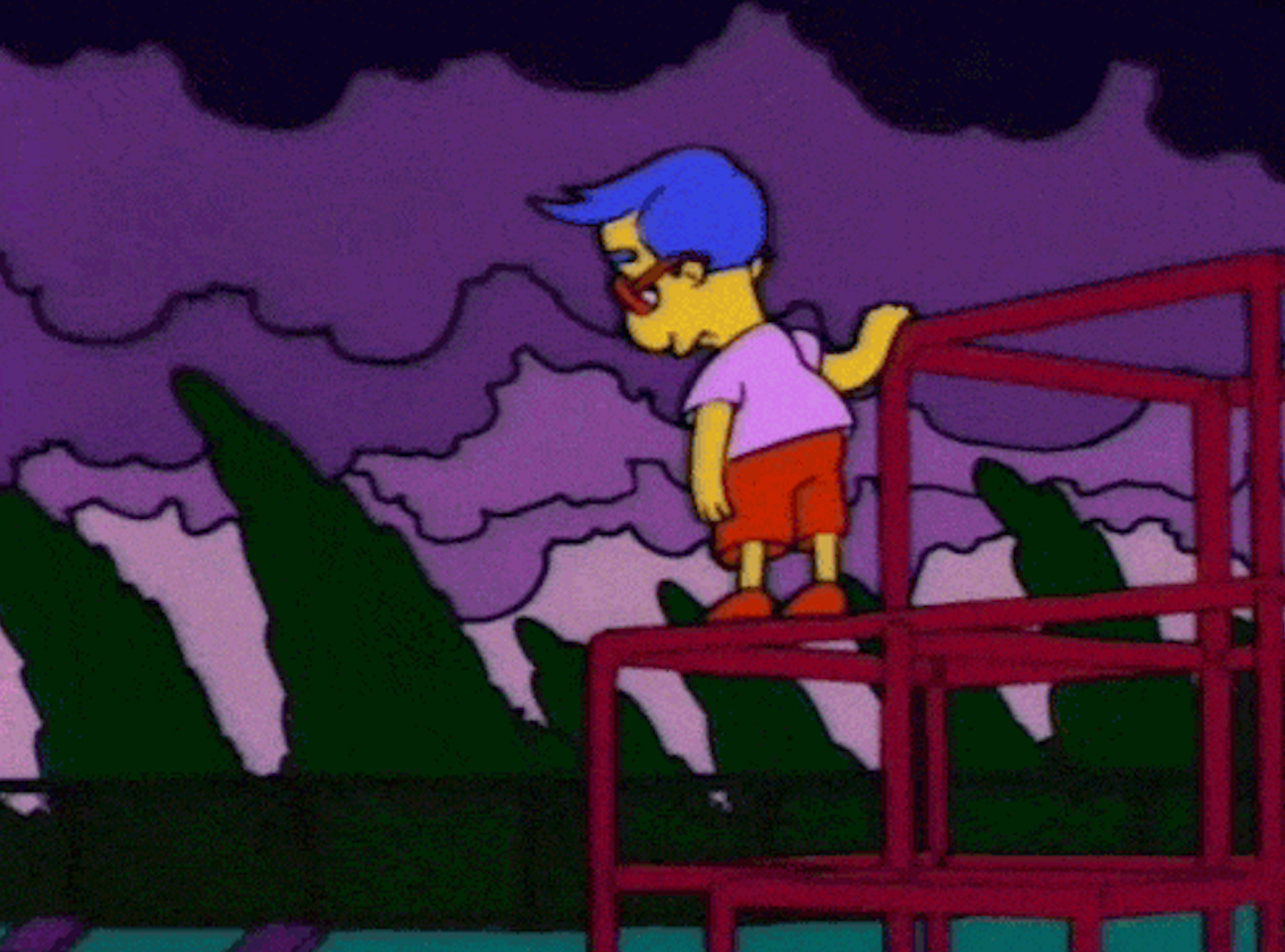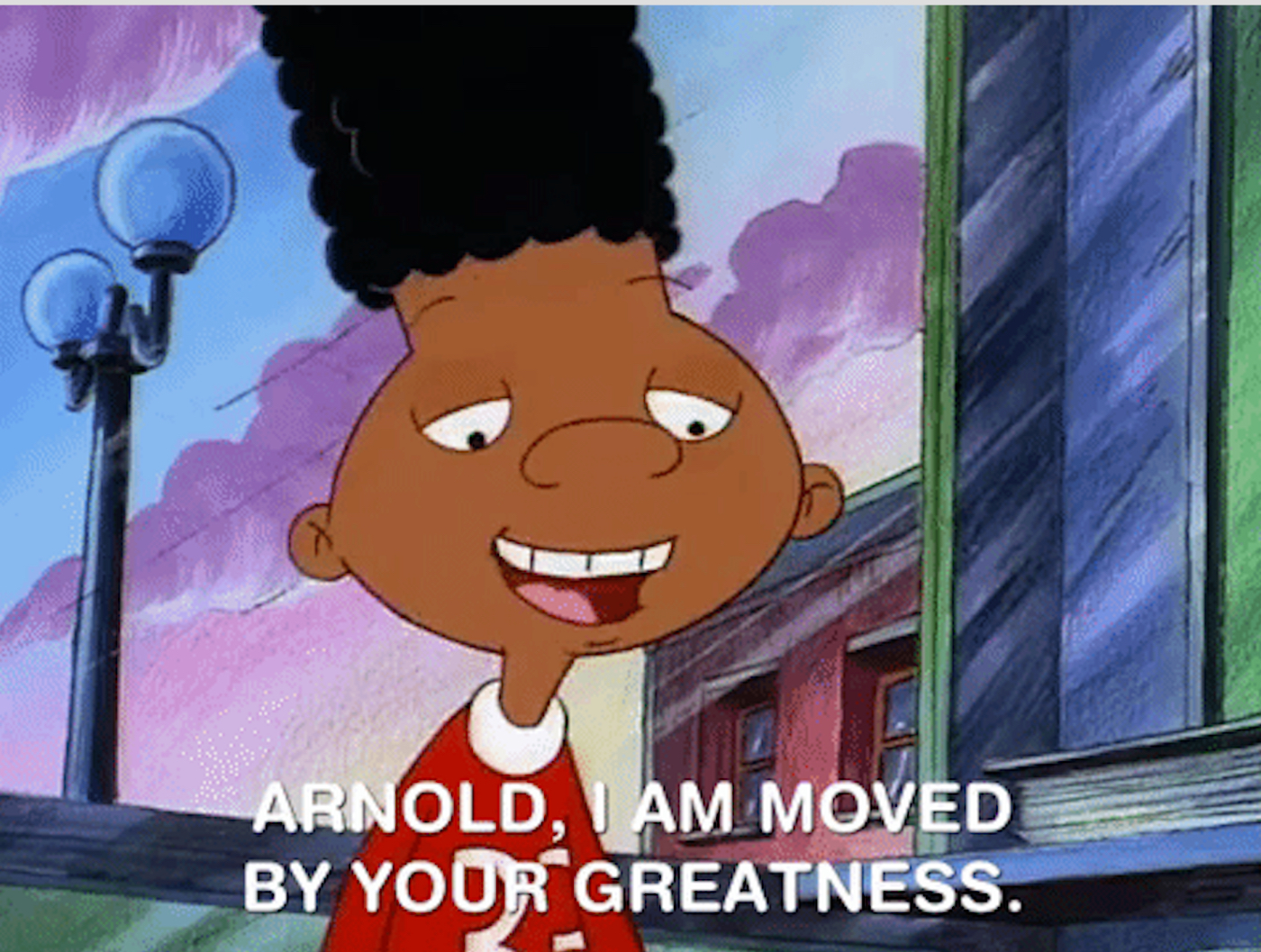This is a free preview of a subscribers-only post.
Hi, TLCers, nice to see you! Everything is a piece of shit.
Call it August doldrums, call it 2020 part 2, call it global catastrophe, call it burnout, call it burning, just call it like it is: bad.Lately I’ve felt like my brain is literally breaking. I swear I can hear it creaking when I check the news each morning (or, more likely, in the middle of the night), every time I scroll through Twitter—whatever’s been holding the ol’ gal up all these years is showing some strain, and the screws are getting ready to split. I want to dance naked and jump from boulder to boulder and pad barefoot through the goddamn forest or something, slugs and rotted leaves sliding beneath my toes, smell the cool river that’s waiting and running at once. I want to feel the sun burning on the backs of my knees. But instead I sit and stare at a computer screen, and the void stares back. It looks awful out there. It looks awful in here.
Can writing help?
Welcome to existence.Writing through… this?
I’m not the first person to observe that what we’re all living through these days and recent years has felt a lot like never-ending grief—so much so, it might be helpful to turn to some of the strategies the experts on writing-through-grief have developed for us, and try and incorporate what feels good to us in our regular writing practice. Please return next week, when I’ll share some writing and exercises related to writing through grief (that post will not be paywalled, but hit the button below to make sure you get the notif).
Others of us might not be experiencing this time as a grieving, but as a fading. A fading away of the picture we had of our lives, how things were going to work, what we could reasonably expect of ourselves and others, what we could reasonably hope for the world. Part of what fades away for us sometimes is the desire to create anything. With all that fading, so goes the light—what else are we to see by?A couple of years ago, an editorial agency blogged about the difference between “writer’s block” and “writer’s burnout.” Obviously a ton has been written at this point about the warning signs and symptoms of burnout—but it was interesting to see this specifically related to writing, and it’s so much about the feeling of being uninspired and even anti-inspired (writing is pointless!), a term I just coined, that I wanted to share it today.The symptoms of creative burnout
A selection from the NYBookEditors blog:
- You think about your writing “to do” list while attempting to relax
- You can’t relax
- You don’t sleep well
- You don’t enjoy writing anymore
- Everything you write sounds the same
- Everything (including writing) seems pointless
- You procrastinate
- You’re isolated and don’t socialize as much as you once did
- Your work isn’t as good as it once was
- You have trouble locating your creative self
- You fantasize about running away from it all
- You’re moody and negative
- You’re lethargic
- You’re forgetful
- You’re constantly fending off a cold (burnout stress often leads to physical stress)
(Please note that this is a selection from the larger list, which originally contains a number of symptoms of clinical depression, including “you’re depressed.” Please seek help if you are experiencing depression or think you might be depressed, or if you just want someone to listen to you and help.)
While this list is helpful to get a sense of how you’re doing, what do you do if you check off 50% or 80% or 100% of these symptoms?
The good advice remains good always: take a break (no, a real break), go outside, blah blah thank you. The rest of that post isn’t worth reading for the advice, but I liked this a lot:
“Your mission isn’t to find new writing ideas. Rather, your goal is to reignite your desire to write. When you see others do beautiful things, it compels you to do beautiful things, too. Greatness always unlocks greatness.”
You’ve heard me say things like this a lot since the start of TLC. You have to fill your creative cup. It’s not your job right now to do the inspiring, or even to inspire yourself. (WTF is “inspiration” anyway, and what’s its role in writing? Tune in for some future edition of The Long Conversation, probably!) Your job is to make this not a job. Ya know how, as a writer, one of your biggest goals is to inspire people? Well, guess what! Other writers have worked just as hard to inspire you, so why not do them a favor and use what they have created for exactly what it’s for? For beauty multiplies beauty.How, Rachel? You are in a grief spiral and not making any sense!
I defy thee. Let’s get started.

